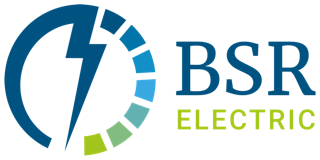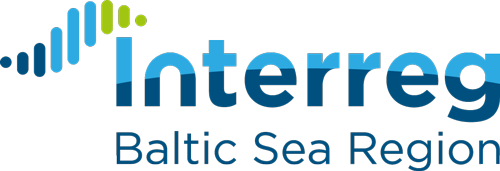e-Ferries
More than a meaningful mode of transport in coastal and river cities, water-bound transport can also make cities more attractive for tourists. While conventional, diesel-powered, ferries are responsible for high emissions, electric ferries could prove to be an environmentally friendly alternative. However, even though electric ferries are becoming more common, there are only few larger electric ferries in operation world-wide. Electrification requires large-scale investments that are difficult to implement on a municipal budget. Another main barrier is the limited knowledge about electrical solutions and procurement processes. In addition, the technical challenge is that the frequency of ferry crossings is high with little time for charging batteries. Moreover, winter climate conditions provide additional difficulties in many parts of the BSR.
This use case focuses on analysing the planning and investment phases for electrification of ferries, particularly with regard to technical solutions and procurement processes, in the BSR harbour cities of Rostock, Gdansk and Oslo.
Demonstration action
Due to large planning cycles and investment volume, demonstration actions are not possible within the BSR electric framework. However, the ferry connection linking Gehlsdorf to Rostock-Kabutzenhof (operated by antaris, AO 10) is due for an overhaul in the next years, and an e-ferry may present itself as a feasible alternative. Likewise, other ferry connections in the BSR could be electrified in the coming years. The City of Oslo is a frontrunner in this respect. The 5 smaller passenger ferries that travel between Oslo Harbour and the small islands in the inner Oslo Fjord will be new, zero emission vessels from November 2021. The high-speed passenger boats that traffic a bigger part of the Oslo Fjord will be new, zero emission vessels from 2024.
With these prospects and progress in mind, project partners analysed possible technologies for electric ferries, charging infrastructure, policy and procurement regulations.
In the case of Rostock, the ferry that is currently in use has a diesel combustion engine. It needs to be replaced as it is over 25 years old. Both the expected repair costs, the current operation costs and the higher environmental standards require an electrically operated ferry. As part of the BSR project, project partner ATI Küste supported the city in the run-up to the use case implementation through analyses, expert advice, networking and workshops with various stakeholders. Examples of these are the local port authority, ship operators, ship builders and the Department for Environment and Transport in Rostock.
The project’s input focusses on the feasibility of an electric ferry, environmental and sustainability issues, related infrastructural requirements and associated costs. The current plan is to implement an electrically powered ship with solar cells as an additional energy supply. The new ferry, like the old one, will travel approximately 156 trips per week or 7800 per year, covering a distance of approximately 13,700 km per year. This is expected to result in potential savings of 66 tons of CO2 per year. In April 2020, a Europe-wide tender for a shipbuilding contract has been launched by the City of Rostock. Commissioning of the electric ferry is planned for spring 2021.
As part of the generalization of the experience gained during the implementation of the new ferry in Rostock, other ferry projects in the Baltic Sea Region, and beyond have also been analyzed -- in particular, those in Gdansk and Oslo. Several study visits, e.g. to Turku, Oslo, Samsö, Sogne Fjord and Berlin were organized in order to gather valuable information.
Analyses, experiences and recommendations are currently compiled in a white paper on electric water-bound transport. Synergies are seized with the Interreg Clean Shipping Project Platform (CSHIPP), bringing together projects and organisations focussed on increasing clean shipping in the Baltic Sea region.
Results, lessons learnt and recommendations
ATI Küste organized a workshop entitled "Electromobility on Waters - Contribution to Clean Shipping" in June 2019, focusing on alternative energy sources as well as autonomous driving in electric water mobility. In March 2020, a workshop on “E-ferries and urban electromobility - benefits from the automotive sector” was implemented at the Porsche Center in Leipzig, with stakeholders from different industries, such as aviation, road transport and water transport.
Work on the white paper, which will feature experiences and recommendations on technical as well as administrative issues, is currently in progress. The white paper will explicitly highlight the transferability of experiences across the BSR and beyond. Some preliminary lessons learnt include the following aspects:
-
The costs for the energy supply systems for e-ferries (batteries, fuel cells) are still very high. Electric ferries, possibly with additional solar panels, are a sensible solution for urban public transport on short distances and on environmentally protected waters. Those vessels are relatively small and infrastructure costs can thus be kept to a minimum. For larger vessels with longer journeys, hydrogen-fuel cell hybrid technology will be a sensible alternative if an adequate supply infrastructure is available.
-
Solar energy systems can increase the range of battery-operated e-ferries also in northern latitudes, such as Berlin, not only in southern areas.
-
In addition to their actual role as a means of urban transport, e-ferries can be used for touristic purposes and convey a positive image of the city.
Key recommendations are summarized in a theme-specific Action Checklist for Municipalities.



